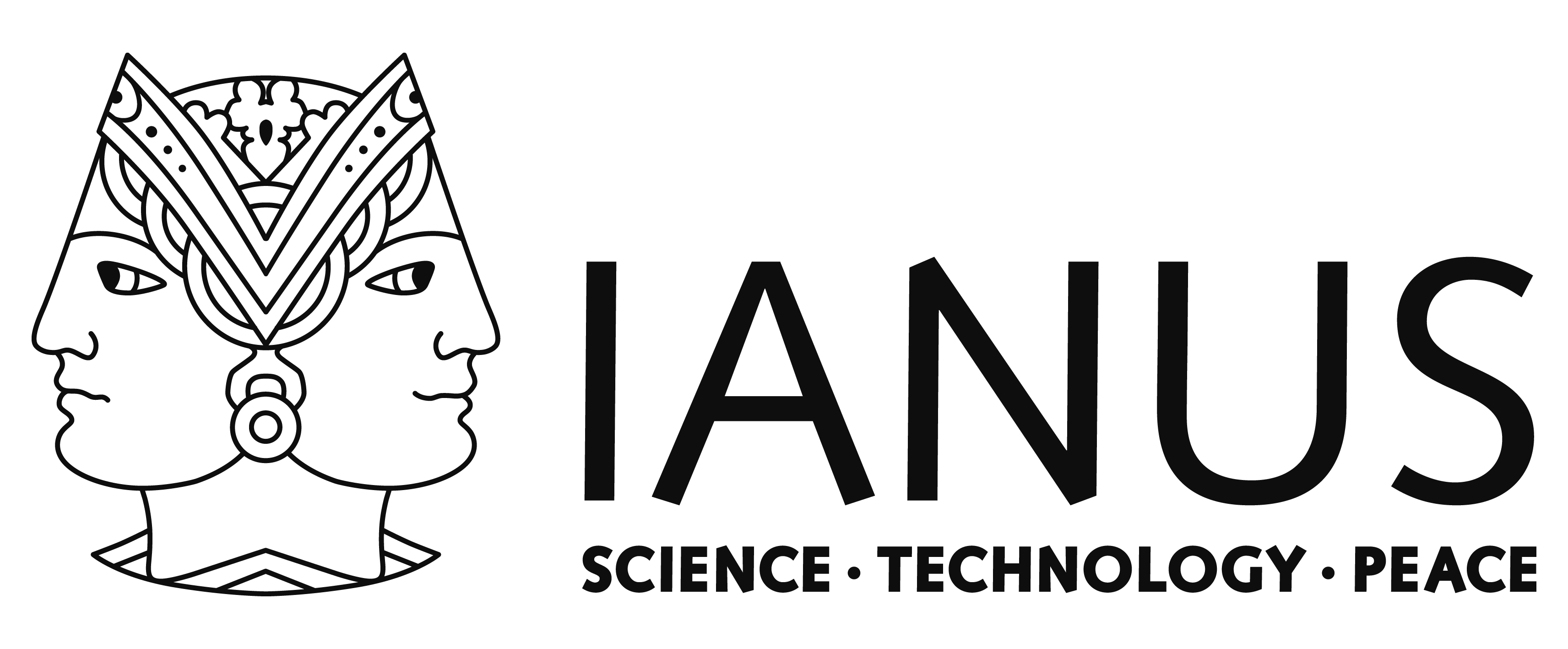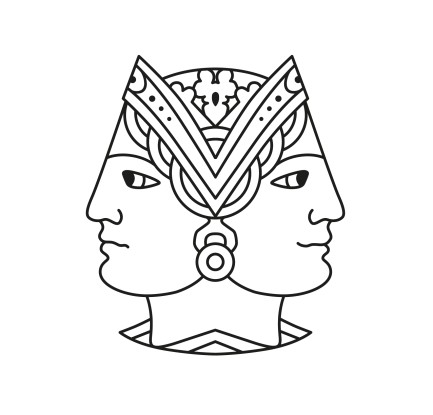On the pages on research funding you will find an overview of all projects that have been funded to date on IANUS topics.
The web has a history
Overview of IANUS projects approved so far
Network and Vulnerability Analysis of Critical Infrastructures using the Example of Information and Communication Technology in the Rhine/Main Region
1.2023 – 6.2024
Prof. Dr. Christian Reuter | FB 20 (PEASEC)
Prof. Dr. Jens Ivo Engels | FB 2
Project description:
Our project analyzes the vulnerabilities of the critical infrastructure sectors transport and communications in the Rhine-Main Region. Both complex network structures emerged from more or less heterogeneous “time layers,” which we explore from a spatio-temporal and technical perspective. Our goal is to draw lessons for a more resilient design from the historical development and the current technology proliferation. Based on literature research and conception (AP1), we aim to conduct a qualitative interview study to generate hypotheses about the implicit knowledge of temporal heterogeneity, ensuing vulnerabilities, and interdependent evolution of both sectors (AP 2).
Current development within the IANUS “Dual Use” project
BMBF promotes Regional Research Centre – „Transformations of Political Violence (TraCe)“
4.2022-3.2026
Five Hessian research institutes are cooperating in a new joint project on transformations of political violence. How do global developments such as technologisation and climate change affect political violence? How can political violence be limited or legitimised by international institutions? How can it be interpreted and justified? These questions are tackled by the new interdisciplinary joint project „Regional Research Centre – Transformations of Political Violence (TraCe)“, which involves TU Darmstadt and several IANUS connected scientists. In total, five Hessian research institutes are working together here.





